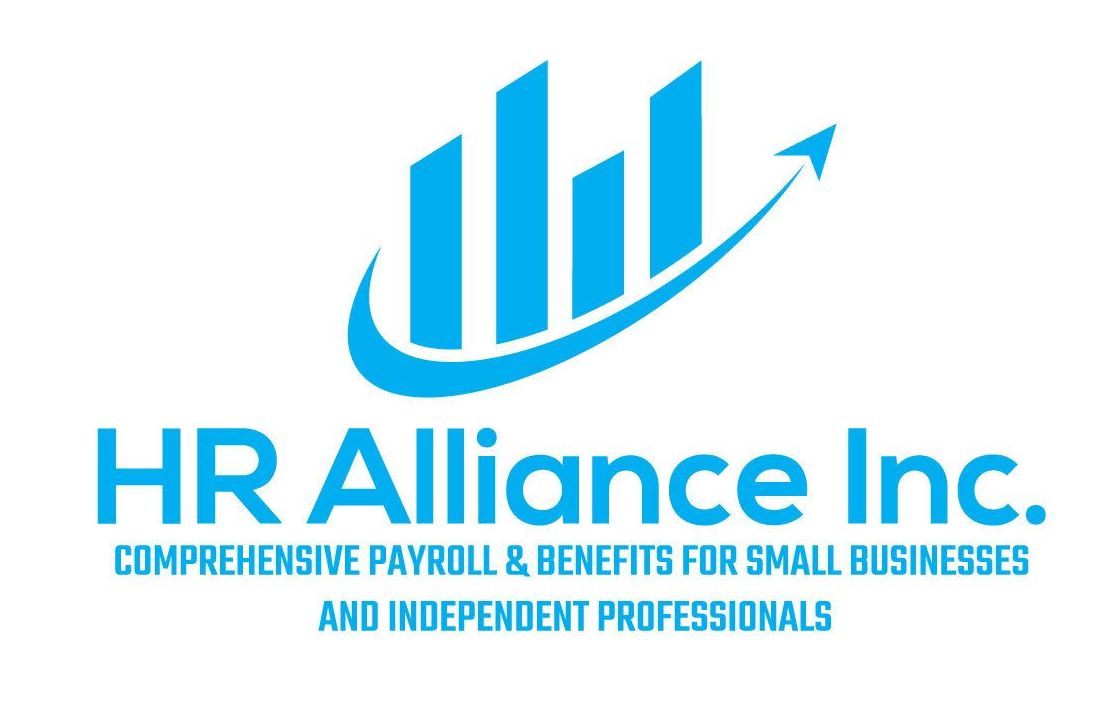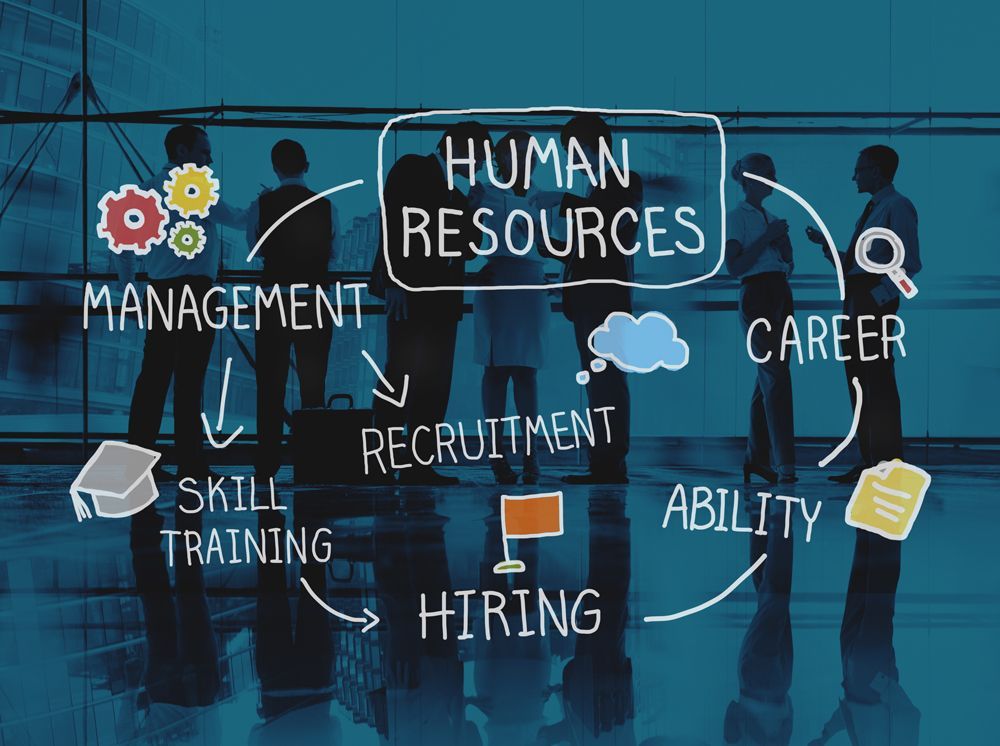Choosing to Outsource HR
Decisions, Decisions. Nearly every time you make one, it could make or break your business. We can help. Here is how our services are different from a few options you have to hire, fire, and retain your staff, pay them, offer health benefits, retirement, and other benefits.
Should I work with a… HRO? PEO? ASO?
Let’s start by becoming familiar with the lingo…
Human Resources Outsourcing (HRO):
Human Resources Outsourcing (HRO): A specific subset or segment of BPO, HRO is the transfer of one or more human resources processes and/or activities to an external provider that owns, administers, and manages these processes and/or activities.
Professional Employer Organization (PEO):
A PEO is a co-partner and works like an off-site HR department to provide cost-effective outsourcing of human resource services. The PEO legally co-employs its client’s personnel, creating a three-way relationship among the PEO, the client company, and the employees. In doing so, the PEO provides small and mid-size companies access to a strategically leveraged, fully scalable, integrated HR department that delivers a vast array of quality services and benefits while mitigating employer-related liabilities.
Co-Employment:
The legal hiring of a company’s current employees, thereby making the PEO the “employer of record” for taxation and insurance purposes. The employees are then deployed to the original employer/client under a contract that defines the respective responsibilities and liabilities of each of the parties. Within a co-employment relationship, the PEO typically assumes responsibility for all payroll obligations and tax filings, with health benefits, welfare, and retirement benefits being optional additional services that can also be contracted, as well as all the associated administrative paperwork.
Human Resources Information System (HRIS):
Also know as a human resources management system (HRMS), an HRIS is a computerized system typically comprising a database or inter-related databases that track employees and their employment-specific information. Most HRIS systems include the employee name and contact information and some or all of the following:
- Department
- Salary
- Supervisor
- Ethnicity
- Veterans Status
- Job Title
- Salary History
- Training Completed
- Date of Birth
- Visa Status
- Grade
- Position History
- Special Skills & Qualifications
- Disabilities
- Benefits Selected
- And More…
Leading HRIS systems are interfaced to payroll, include employee and management reporting capabilities, and offer web access for both employers and employees.
How small businesses think big and save smart
Contemporary companies are constantly finding new ways and approaches to make operational and other processes more efficient and cost effective. Many companies are choosing to outsource different functions in their organizations, and one of those functions is outsourcing human resource processes.
For many traditional executives, outsourcing HR functions is a daunting idea; for other leaders it’s liberating. While some companies still feel the need to retain their human resource department because they continue to want to maintain face-to-face contact with their employees, many companies are outsourcing their human resource functions and are hiring HR generalists or assistants to manage the relationships with outsourced vendors.
Many companies are outsourcing their human resource department to increase value, efficiency, and reduce costs. Another important reason companies outsource is they want to hire specialized professionals to perform certain complex projects. For example, if a firm is small, they may outsource a project to redesign a pension system for their employees.
As with increased efficiency, cost is a very important aspect in today’s economy, and companies are trying to find drastic ways to save money, but not at the expense of cutting value for their employees. Many companies are outsourcing HR processes to a human resource consulting firm or hiring a professional employer organization (PEO) because they can significantly reduce costs and add more value within the organization.
For many organizations, the goals of HR outsourcing are to:
- Contain HR costs
- Reduce administrative burden
- Minimize employer-related risk
- Create value for existing employees
- And More!
Why should HR Functions be outsourced? Business leaders did not enter into business to manage human resource functions. The pivotal focus for most business leaders is to discover innovative ideas to improve market share, find better strategies of winning over their competition, and increase customer loyalty.
Pullout box
Many companies are outsourcing their human resource department to increase value, efficiency, and reduce costs.
Human resource management functions on the other hand can be complex, requiring adequate time, energy, and resources to handle in-house. Processing these functions must also be handled correctly and efficiently. They include:
- Benefits Planning
- Recruiting
- Training
- Managing Personnel Files
- Payroll
- Performance Reviews
- Managing Leaves
- Other Hr Administration Issues
Another challenge of managing HR functions in-house is managing multiple third party vendor relationships. Company administrators need to manage a payroll vendor, tax authorities, health insurance brokers, health insurance carriers, voluntary benefits, recruiters, compensation data, employee policies, outplacement, legal guidance, and many other vendors.
When it comes to benefits, many small businesses lack negotiating leverage. Small businesses don’t have negotiating power when dealing with large insurance carriers and other vendors. So the result is the lack of control over escalating costs related to employee benefits.
When customizing an effective human resource outsourcing strategy, it is essential to first understand the company’s goals and vision. Developing a plan to outsource human resource functions requires strategic planning to establish the right scope and implementation to produce the desired results for return on investment.
Options to process HR functions
Companies have three basic options to process certain HR functions. First, companies can do it themselves and build an in-house human resource department. The upside is companies control everything, but the downside is companies don’t have the time to do it all, nor do companies want the liability of making costly mistakes through human error, missing deadlines or non-compliance with federal or state laws. Business leaders need to focus on other priorities to grow the business.
Second, another option is the multi-vendor solution in which some companies decide to outsource to multiple vendors. They may choose one vendor for each specific task and area of expertise such as payroll and benefits. The upside is companies can get experts to do the work, which saves the company from doing HR administration tasks. The downside according to a study by Price Waterhouse Cooper, organizations using multiple vendors for payroll and HR-related services can spend more than $100 US per employee per year just to integrate these processes and providers. That represents close to six percent of total HR and payroll budgets (Lendino, 2006). Because of the cost of multiple vendors, many companies are making a bold move towards a single vendor or PEO.
The third option is the use of a Professional Employer Organization (PEO) as a single vendor HRO solution. Many companies get increased efficiencies, an improved employment brand, and a renewed ability to focus on the core business. The upside is companies can manage a single relationship and gain HR expertise, the newest HR technology, and a qualified team to manage company HR functions.
Choosing the right vendor
It is imperative to choose the right PEO, HR consulting firm, or HR vendor. There are a few things company leaders should consider when planning to choose an HR vendor. First, company leaders need to look at the vendor’s financial strength and quality of service. Second, the vendor needs to be flexible in pricing and fair in negotiating the contract or service agreement. Third, the vendor must be flexible with changes that the company will face as they grow or downsize.
Pullout box
Single vendor solutions provide companies with increased efficiencies, and the ability to focus on core business. Negotiating the contract and pricing agreements
Daniel R. Mummery, Esq., a partner in the law firm, Latham & Watkins’ Silicon Valley, states that negotiating a HR outsourcing agreement requires one to first understand the relevant business issues. He explains, “The key components of some service contracts should cover: statements of work, pricing details, service-level agreements (SLAs), a transition plan, governance requirements, and an exit plan.
HR outsourcing has proven to improve human resource functions in better streamlining and managing daily tasks for administrators, dramatically cutting costs and improving the company’s bottom line, and adding value for employees which effects the company’s ability to retain and attract top talent.
Outsourcing HR consultants can save organizations massive amounts of money by keeping leaders up to speed in an ever changing environment. HR professionals also help companies meet the challenges in a changing world by adopting and implementing the best human resources philosophies and methodology.
Conclusion
In order for leaders to be successful, they must be brave enough to make tough decisions and judgment calls. They need to embrace change and develop a new model of doing business. They need to take inventory of their costs and re-examine their work processes and procedures, and take action to reduce waste and ineffective processes.
Knowledge is one of the greatest commodities in today’s business environment, but applied knowledge and being brave enough to drive knowledge will be a leader’s watershed moment. Outsourcing HR functions is one of the options business leaders are taking to make a big impact for organizational success. Leaders will be faced with tough decisions and will face criticism, but where there is risk, there is reward, and the leaders that are innovative, and are willing to take new approaches, will succeed in the future.



